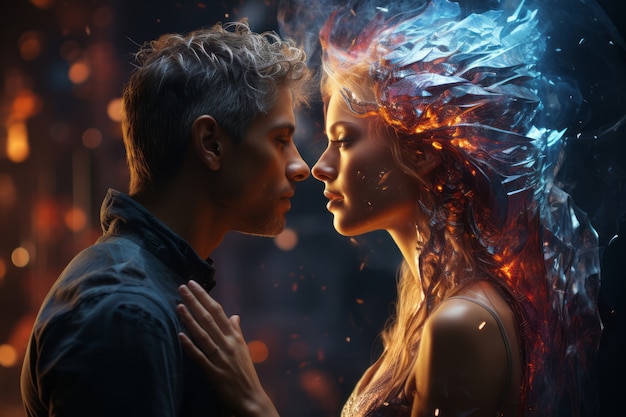
Sign up for our daily and weekly newsletters to stay updated and get exclusive content on top-tier AI coverage.
Regardless of which side you think will prevail, the New York Times’ recent lawsuit against OpenAI and Microsoft, filed last Wednesday, is undoubtedly going to be one of the most significant copyright disputes to follow in 2024.
This case is grabbing so much attention because it demands that the defendants are held accountable for “billions of dollars in statutory and actual damages” due to the “unlawful copying and use of The Times’s uniquely valuable works.” It also seeks the destruction of any chatbot models and training data that include New York Times copyrighted material.
Why is this case so compelling? For one, legal experts have long predicted that a major AI and copyright case would eventually reach the Supreme Court. A high-profile case like New York Times vs. Microsoft and OpenAI could very well be the one to make it there.
Generative AI copyright issues have been simmering for over a year. Back in August 2022, even before ChatGPT was released, I discussed these potential legal battles with Bradford Newman, a partner at law firm Baker McKenzie in Palo Alto. He noted that there’s little legal guidance at present. With massive data sets and open-source licenses in play, the core arguments will center on fair use versus infringement.
Newman believed different courts would arrive at different conclusions and ultimately thought the issue would end up in the Supreme Court. Also, industries affected by generative AI, like publishing and entertainment, aren’t just sitting back. They’re especially concerned about copyright issues. In September, I spoke with Marc Rotenberg, president of the Center for AI and Digital Policy and an adjunct professor at Georgetown Law School, about these issues. He expected the New York Times to take legal action against OpenAI.
Now, this anticipated battle has arrived. Rotenberg compared it to the long-running Authors Guild v. Google case, which debated whether Google Books’ digitization efforts were fair use. Though Google won in 2015, publishing and journalism sectors didn’t fare as well and have since struggled. The New York Times survived the initial wave but may now be in jeopardy again.
If AI models that need high-quality data can replicate what the New York Times offers, the news outlet might find itself at risk of going out of business. This upcoming legal fight is one of the most intriguing involving AI today, pitting a respected publisher against a leading generative AI firm.
OpenAI and Microsoft are gearing up for a strong defense. In July, I spoke with a prominent copyright attorney helping to defend OpenAI in various 2023 lawsuits filed by authors. He believed that the outcomes of these cases would significantly impact innovation and the interpretation of copyright law.
He remarked that major legal questions reshape the commercial world roughly every 20 years. Cases like those concerning the VCR in the 1980s and Web 2.0 technologies later on have defined how new laws operate. He thinks the current wave of litigation over AI tools will have a similarly profound effect on society.
The attorney was confident that technology companies’ stance on copyright would ultimately prevail, arguing that copyright often tries to address problems it wasn’t designed to solve. He cautioned against changing copyright law to protect any specific industry because such laws wouldn’t apply globally. These tools will continue to exist, and companies will find ways to bypass restrictive jurisdictions.
In simple terms, he said: “You couldn’t put this cat back in the bag.”